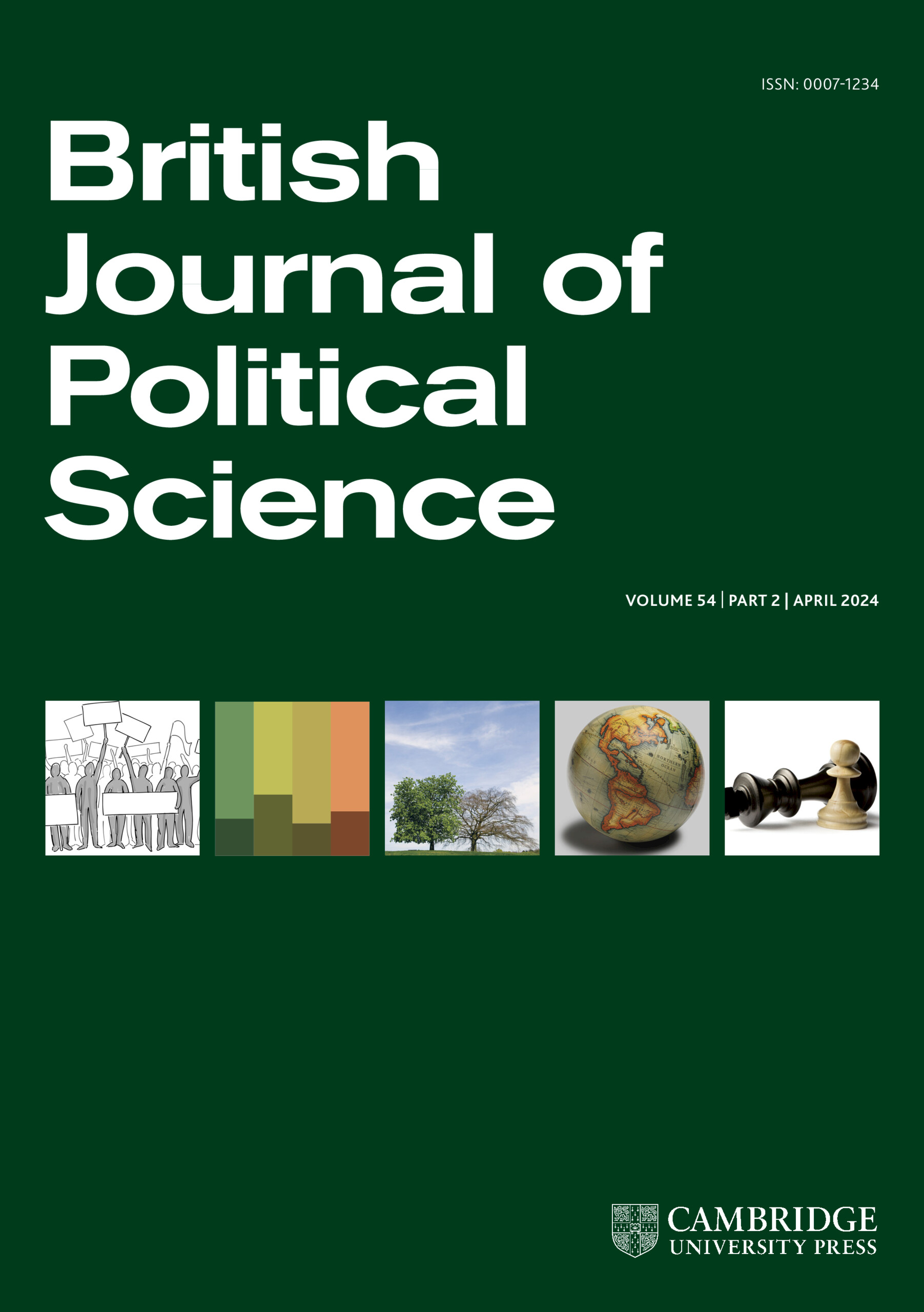民主的调节:竞选期间和之后的党派交流
IF 4.6
1区 社会学
Q1 POLITICAL SCIENCE
引用次数: 0
摘要
众所周知,政客们在竞选时说话都不一样。选举的阴影可能会影响候选人在竞选期间的语气变化。然而,到目前为止,我们缺乏对竞选期间和非竞选期间沟通模式变化的系统研究。在这项研究中,我们研究了欧盟27国议会成员在2018年至2020年期间发布的430万条推文中表达的情绪。我们的研究结果表明:(1)反对派,甚至是民粹主义者和欧洲怀疑论者,在竞选期间发出了更多积极的信息;(2)在民意调查中落后的政党传达了更多消极的信息;(3)在国家和欧洲选举中,这种变化是相似的。这些发现表明,需要超越竞选时间来理解政党的吸引力,并强调社交媒体数据的承诺,以超越对宣言和演讲的传统分析。本文章由计算机程序翻译,如有差异,请以英文原文为准。
Modulation of Democracy: Partisan Communication During and After Election Campaigns
It is well known that politicians speak differently when campaigning. The shadow of elections may affect candidates' change in tone during campaigns. However, to date, we lack a systematic study of the changes in communication patterns between campaign and non-campaign periods. In this study, we examine the sentiment expressed in 4.3 million tweets posted by members of national parliaments in the EU27 from 2018 to 2020. Our results show that (1) the opposition, even populists and Eurosceptics, send more positive messages during campaigns, (2) parties trailing in the polls communicate more negatively, and (3) that the changes are similar in national and European elections. These findings show the need to look beyond campaign times to understand parties' appeals and highlight the promises of social media data to move beyond traditional analyses of manifestos and speeches.
求助全文
通过发布文献求助,成功后即可免费获取论文全文。
去求助
来源期刊

British Journal of Political Science
POLITICAL SCIENCE-
CiteScore
8.70
自引率
4.00%
发文量
64
期刊介绍:
The British Journal of Political Science is a broadly based journal aiming to cover developments across a wide range of countries and specialisms. Contributions are drawn from all fields of political science (including political theory, political behaviour, public policy and international relations), and articles from scholars in related disciplines (sociology, social psychology, economics and philosophy) appear frequently. With a reputation established over nearly 40 years of publication, the British Journal of Political Science is widely recognised as one of the premier journals in its field.
 求助内容:
求助内容: 应助结果提醒方式:
应助结果提醒方式:


